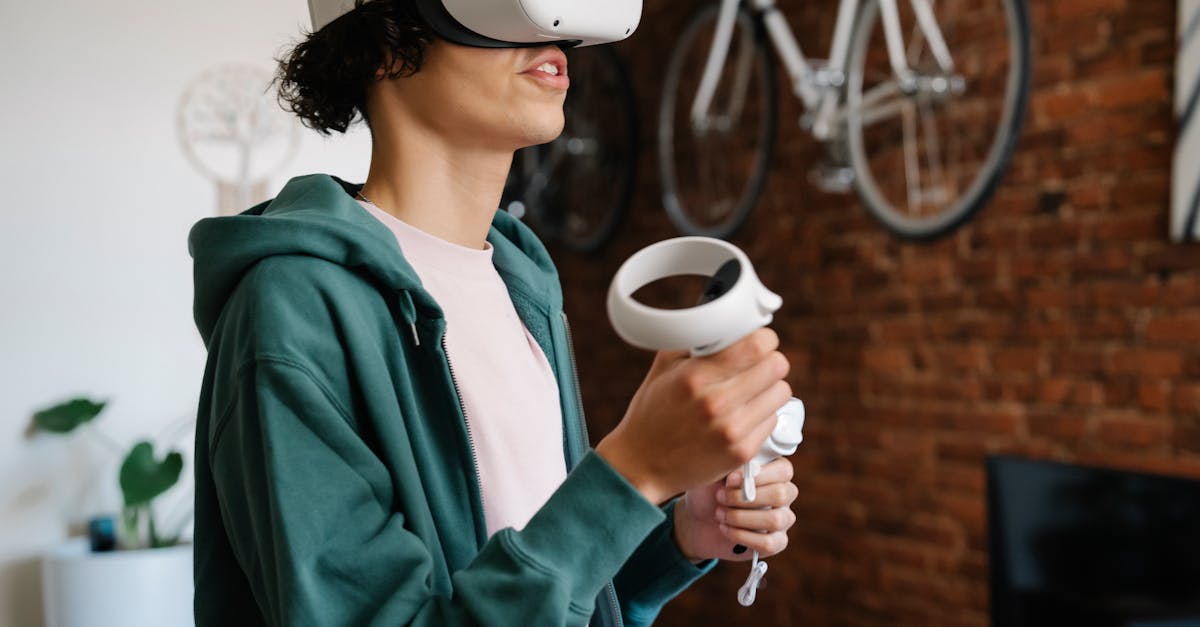Embracing the Digital Age
Remember the days of hopscotch and marbles? They haven’t vanished, but the playground has evolved, sprawling into the digital realm. Today, children swap chalk for tablets and engage in a world where learning is intertwined with artificial intelligence. But, as parents, we’re on the edge of our seats, Googling everything from ‘best AI learning apps for kids’ to ‘screen time effects’. Let’s demystify how these apps influence our little ones’ motor skills, shall we?

Fine Motor Skills and Screen Time
Screen time is often painted as the modern age’s villain, particularly where young, developing brains and bodies are concerned. However, not all screen time is created equal. Selective, educational AI-based apps can offer structured pathways enhancing fine motor skills. Think about the precise touches and swipes; these activities mirror traditional skills like cutting paper or drawing. Yet, the concern persists – could this digital interaction detour the development of essential motor abilities?

Gamification: A New Era for Motor Development
Welcome to gamification – the concept that’s revamping education. These apps don’t just teach; they encourage kids to leap, swipe, and tap their way through learning. It’s screen time, with a twist of physical activity. This approach marries cognitive learning with motor skill development in a dance so harmonious, it would make even the sternest critics tap their feet. The key? Balance and variety.

With gamification, children are no longer stationary learners but active participants in their own learning journey. By incorporating physical movement into educational games, children can enhance their motor skills while engaging with educational content. This dynamic approach not only makes learning more enjoyable but also contributes to a holistic development experience.
The Emotional Rollercoaster
As if parenting wasn’t an emotional rollercoaster enough, introduce AI into the learning mix, and watch the ride intensify. It’s the pride of seeing your child solve a puzzle on an app, shadowed by the fear of too much screen time. It’s the joy in their laughter, peppered with worry about whether they’re missing out on ‘real’ play. Navigating these feelings is part of the journey. Remember, you’re not alone.

Crafting a Balanced Digital Diet
So, how do we walk this tightrope? Crafting a balanced digital diet is crucial. It’s about mixing educational apps with physical play, ensuring our kids get the best of both worlds. Technology isn’t the enemy; it’s a tool. Our challenge is to wield it wisely, creating a blend of activities that nourish both the mind and body. Screen time limits, app selection, and offline activities – the power rests in our hands.

Image source: Pexels
